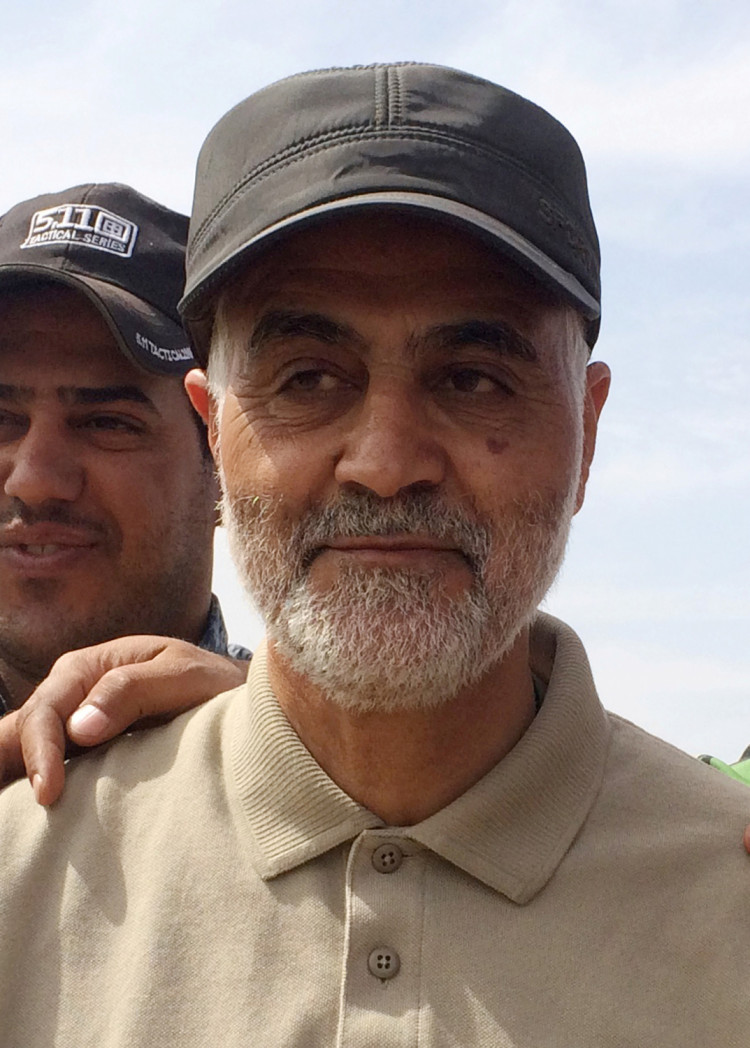China is urging both the United States and Iran to show restraint and calmness as the threat of war rises between the United States and Iran. President Donald Trump who ordered the assassination of Iranian major general Qasem Soleimani on January 3 in Baghdad, Iraq triggered this threat to peace and stability. Iran has vowed to retaliate for Soleimani's murder.
Chinese Foreign Minister Wang Yi talked by phone with Iranian Foreign Minister Mohammad Javad Zarif over the weekend to discuss the current situation and its impact on the region that still supplies most of the world's oil. He also slammed Trump for his maximum pressure campaign against Iran.
"China opposes the use of force in international relations," said Yi in a statement released by China's ministry of foreign affairs on its website. "Military means will lead nowhere. Maximum pressure won't work either. China urges the U.S. to seek resolutions through dialogue instead of abusing force."
Yi also said China "will continue to uphold an objective and just position and play a constructive role in safeguarding peace and security in the Gulf region of the Middle East."
For his part, Zarif said he "hopes China can play an important role in preventing escalation of regional tensions."
China is understandably worried about any armed conflict between the U.S. and Iran as it sources most of its oil from countries in the Middle East. Disruption of these vital oil supplies will hinder China's efforts to bolster its sagging economic growth that's weakened due to Trump's trade war and the global economic slowdown.
The Global Times, a tabloid owned by the Communist Party of China (CPC), warned of the severe risk to China of a war between the U.S. and Iran.
"If the US and Iran engage in war, it would do more harm than good to China," said an editorial in Global Times published on Sunday. "If there is serious chaos in the Middle East, the U.S. would indeed be more stuck in the region and distracted. But Chinese purchases of oil from the Middle East lead the world by volume, which means China is far more dependent on the region's oil than the US. China also has large investments in Iran, Iraq and many other Middle Eastern countries already linked to China's economic interests."
China's stab into peacemaking is running afoul of the explosive events that have taken place since Soleimani's assassination. General Esmail Qaani, Soleimani's replacement as commander of the Quds Force, vowed to expel the U.S. from the Middle East in "stages." Ranking Iranian officials have been quoted, as saying Iran's retaliation for Soleimani's murders isn't a matter of if, but when.
Maj. Gen. Hossein Dehghan, military adviser to Iranian Supreme Leader Ayatollah Ali Khamenei, told CNN Iran won't use Iran-backed militias for the next strike, but will directly attack U.S. "military sites."
"It might be argued that there could be proxy operations," said Dehghan. "We can say America, Mr. Trump, has taken action directly against us--so we take direct action against America. Our reaction will be wise, well considered and in time, with decisive deterrent effect."
Dehghan asserted America "started the war," and pointed out the only thing that can end this period of war "is for the Americans to receive a blow that is equal to the blow they have inflicted. Afterward they should not seek a new cycle."






